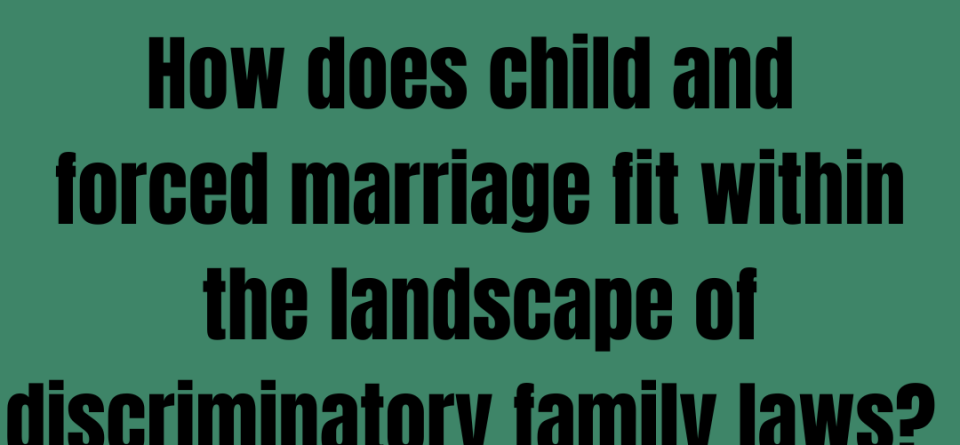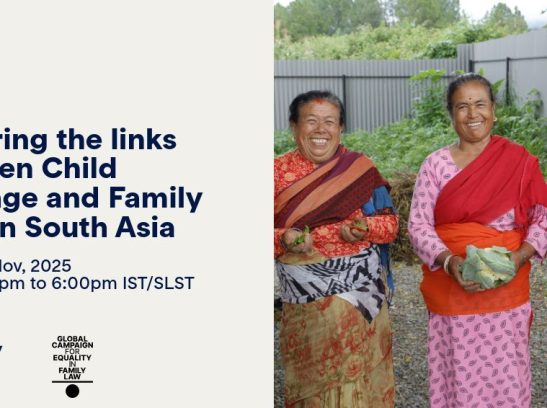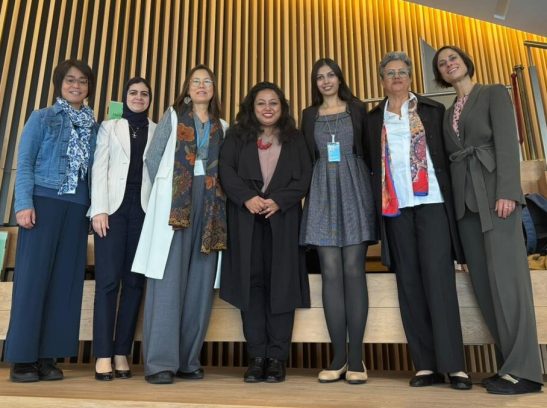Discriminatory family laws continue to create legal loopholes that allow child marriage to persist, trapping girls in cycles of poverty, limiting their access to education, and putting their health and wellbeing at risk.
On International Day of the Girl Child, 11 October, we face a sobering reality: millions of girls around the world are denied their childhood, their education, and their futures because of discriminatory family laws that permit child marriage.
In many countries, the minimum age of marriage is still below 18, particularly for girls, in direct violation of international standards. Even where laws set 18 as the legal age, exceptions for parental or judicial consent create pathways that make child marriage legally permissible. In some contexts, religious or customary family laws operate alongside civil laws, creating parallel systems where girls from certain communities are denied the same protections as their peers.
A perfect storm of discrimination
The case of Sri Lanka starkly illustrates how discriminatory family laws can create inequality within a single country. While Sri Lankan law sets 18 as the minimum age of marriage without exceptions for most citizens, Muslim girls are governed by separate family laws that contain no minimum age requirement. The Muslim Marriage and Divorce Act permits child marriage, and married Muslim girls between the ages of 12 and 16 are explicitly exempted from statutory rape protections that apply to all other children. This means that Muslim girls in Sri Lanka are denied the same legal protections guaranteed to their peers, solely based on their religious identity. Despite decades of advocacy by women’s rights activists, reforms remain pending – a reminder that discriminatory family laws don’t just affect individual families, they create systemic inequality that can persist for generations.
The whole-life impact of child marriage
Child marriage has a domino effect on every aspect of a girl’s life. It disrupts education, limits economic participation, increases health risks, and perpetuates intergenerational poverty. When family laws fail to protect girls, they create barriers that last a lifetime, preventing women from achieving economic independence and reaching their full potential.
International Day of the Girl Child reminds us that family law reform is not just about legal technicalities – it’s also about protecting childhood, ensuring equality, and creating futures where every girl can thrive. We call on governments, civil society, and advocates worldwide to prioritise comprehensive family law reform that sets 18 as the minimum age of marriage without exceptions, removes discriminatory provisions, and ensures equal protection for all children regardless of religion, culture, or community.






